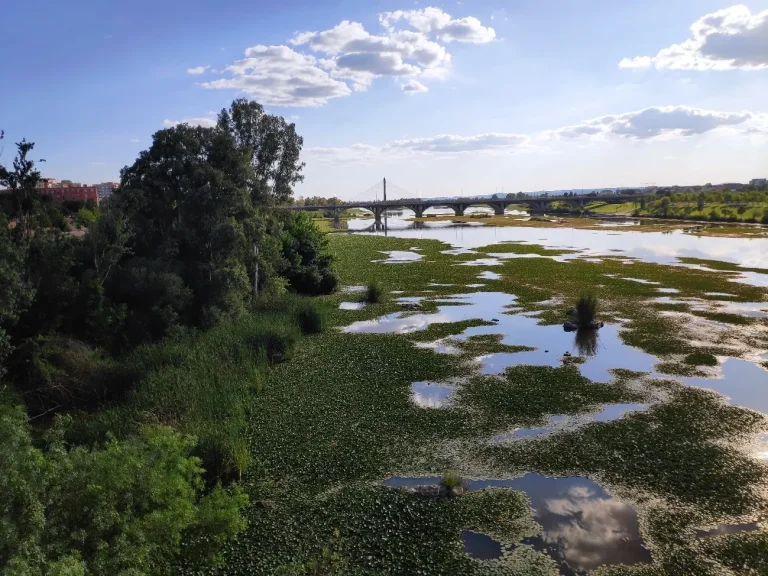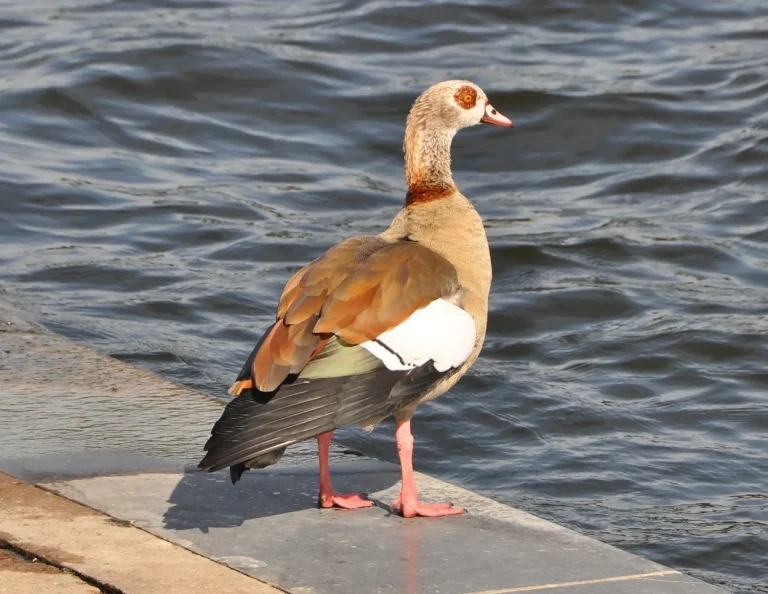Title of the BIP | ||
Hosting University | Virtual Period start: 6th May 2024 | Virtual Period end: 25th June 2024 |
In-presence Period start: 3rd June 2024 | In-presence Period end: 8th June 2024 | |
Language of teaching: English B2 (or Swedish upper secondary school English course 6) | ||
ECTS credits: 6 | ||
Number of participants: 27 | ||
Study level required: Bachelor studies. Any graduate of Agriculture, Biology, Biotechnology, Biogeology, Communication Sciences, Environmental Sciences, Engineering, Forestry, Geographical Information Systems, Landscape Architecture, Law, Veterinary Sciences, and Masters/PhD students in related disciplines. | ||
Selection criteria: Academic record, and current course enrollment will be considered | Contacts: | |
Programme description
Learn online and face to face about ‘Invasive Alien Species in a European context’ with other students from our nine EU GREEN partner universities. Travel to the University of Extremadura at Badajoz, Spain in early June 2024 and spend a week working on aquatic and terrestrial invasive species in the field and in the lab.
Invasive alien species (IAS) are one of the biggest threats to biodiversity globally in terrestrial and aquatic systems (According to IPBES 2023, United Nations). The course of study presents basic issues on the emergence, spread, monitoring and management of invasive plant and animal species. You will learn about methods for analyzing the occurrence of IAS in the field, and the impacts of IAS on biodiversity. The course takes a critical approach to IAS and uses informed decision-making related to IAS, in view of the high biodiversity and societal impacts and economic losses that result following invasions. Students also learn about current legal regulations related to IAS and the possibility of using Citizen Science to engage society in supporting IAS monitoring.
The stay in Badajoz
During the stay in Badajoz, two practical field activities will be carried out. In one of them, the Guadiana river will be crossed, detecting the presence of birds and introduced plants. Of particular importance is the presence of Nymphaea mexicana, which colonises an important part of the river. In the second one, a session of electrofishing will be carried out and afterwards the specific composition of the community and its main biometric characteristics will be analysed. In addition, a visit will be made to the Aquaculture Centre during which all the species of freshwater fish introduced in the region will be observed in aquariums.
FOR MORE INFO CLICK HERE
CLICK HERE TO APPLY


